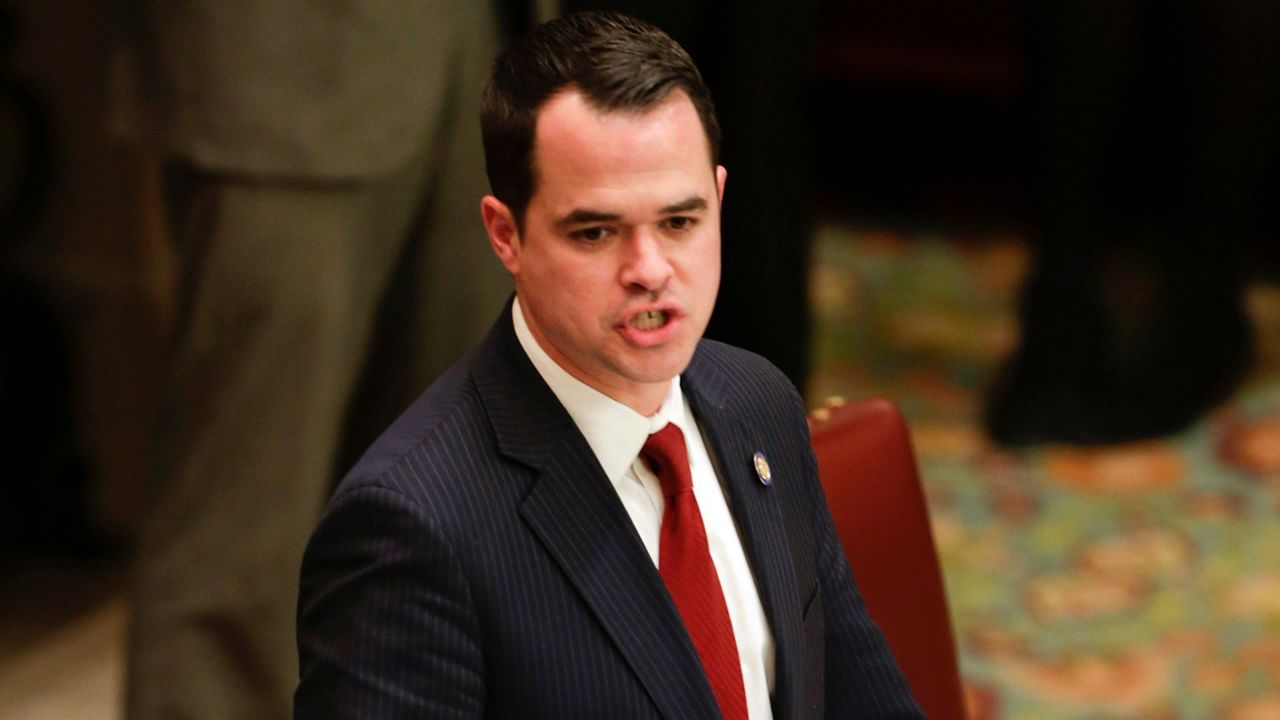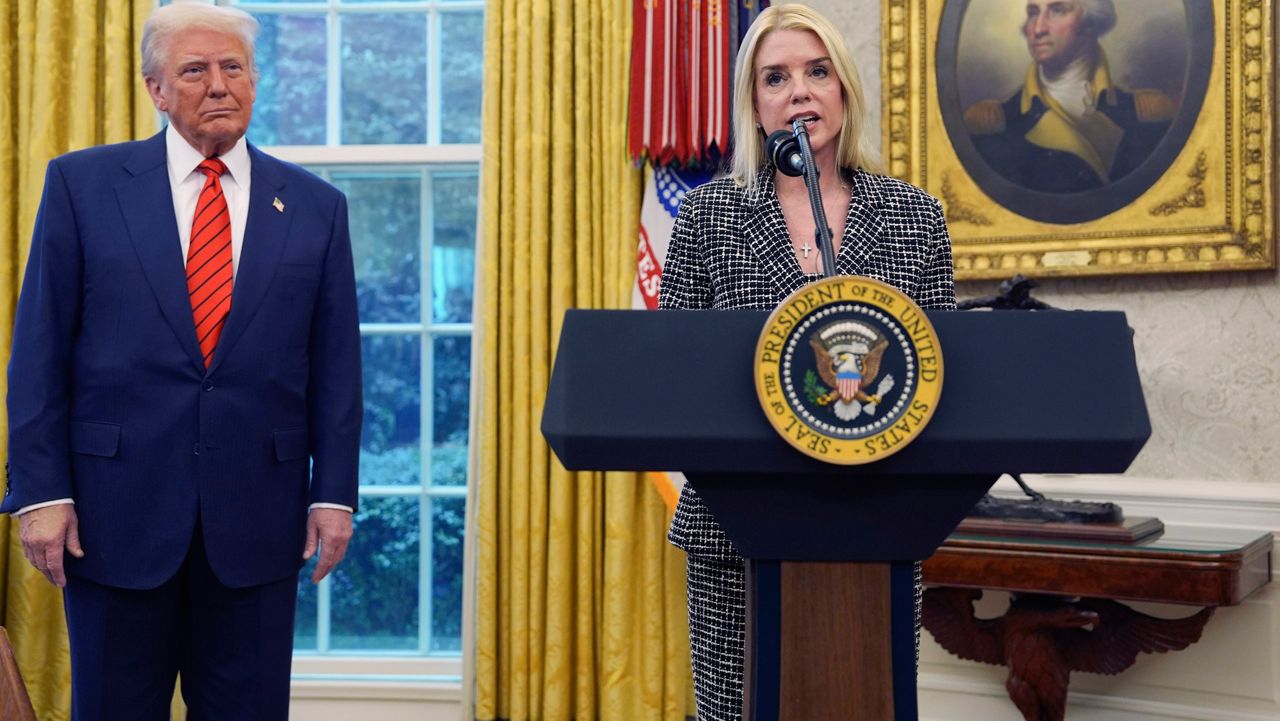BUFFALO, N.Y. -- It's a scenario few pet owners want to imagine but is common nonetheless.
Like people, pets have health emergencies. New York State Veterinary Medical Society Executive Director Tim Atkinson said medicine and technology has become very sophisticated but that also means it comes at a cost.
"Certainly enough to be quite a bit of a shock so to be able to have insurance around, ready for if an accident happens to your pet or it develops a serious disease, we just think it's great because it saves so much heartache in that time," he said.
Pet insurance has been available in New York for years but there is currently no structure in state law to regulate it. State Assemblywoman Pamela Hunter, D-Syracuse, sponsored a bill this session to change that.
"(We) wanted to make sure that there are consumer protections relative to this insurance, not anything dissimilar to what you would get for maybe car insurance or homeowners insurance, that there needed to be some consistency across the board relative to pet insurance," she said.
Hunter said the legislation, which passed both houses and now needs the governor's signature, lays out specific rules about carrier disclosures, defines things like preexisting conditions and creates uniform training requirements for insurance company employees. New York is following several other states who have passed similar laws based on a model designed by the National Council of Insurance Legislators and the Association of Insurance Commissioners.
"Some people just get accident insurance. Some other people get accident insurance and illness insurance and some offer wellness programs as well so we wanted to make sure that if you're interested in getting a pet insurance policy you understand fully all the disclosures," Hunter said.
The Assemblymember said currently only 7% of pets are covered in New York. The number lags behind other states and countries.
"I think this elevates the conversation for New Yorkers," Hunter said.
Atkinison pointed out his expertise is in veterinary medicine, not insurance. However, he said he does believe the conversation could lead to more people utilizing it.
"I think anything that can increase the consumers trust in insurance and knowing that they can clearly see what they're getting and then they get that is always a good thing," he said.
Some veterinary offices provide their own pet insurance options or can make recommendations to consumers but Hunter pointed out if a person is already there it is often too late. She believes many people are not aware policies are available through national auto and homeowner insurers as well.










